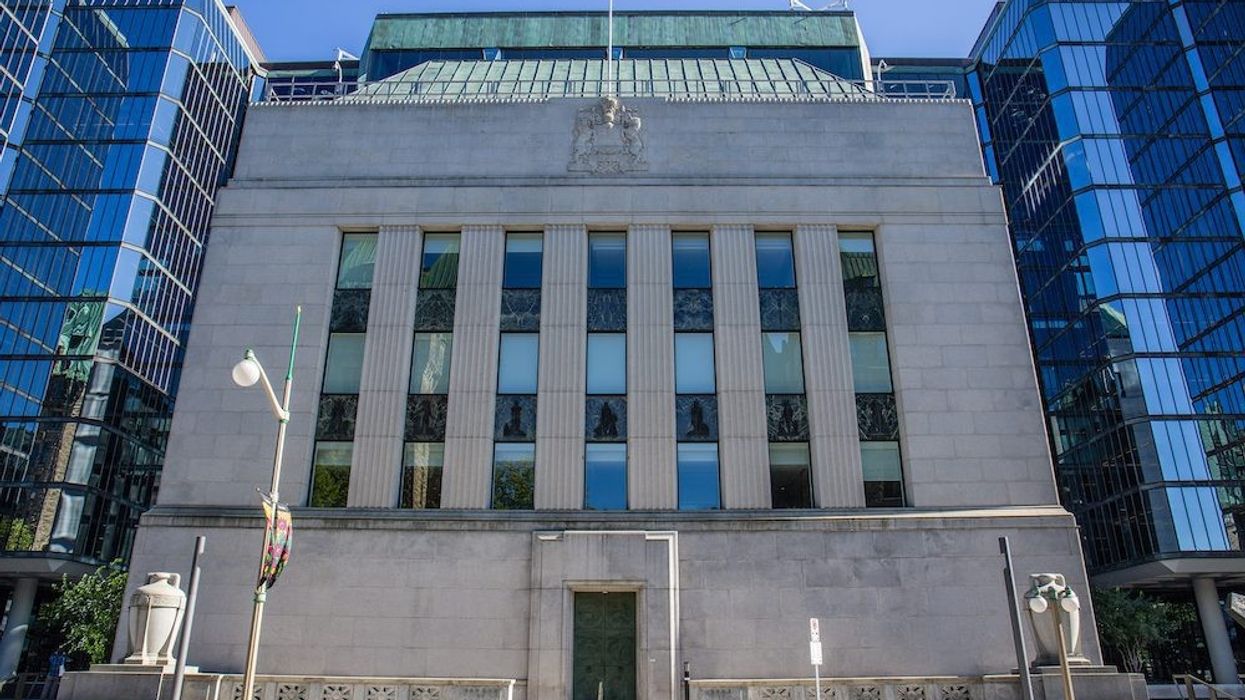The Bank of Canada (BoC) will drop its policy interest rate to a much more attractive 2.25% by 2025, according to a recent forecast from TD.
The long-term forecast, written by TD CFA James Orlando and Director Thomas Feltmate, predicts that inflationary pressures will ease over the medium term, allowing the central bank to cut its policy rate back to the neutral rate of 2.25%.
This would cut the interest rate, which currently sits at 5%, by more than half — a move that would be extremely welcomed by borrowers saddled with, in many cases, prohibitively high mortgage payments.
In recent months, borrowers have increasingly struggled with affordability. Would-be homebuyers have moved to the sidelines, either unable to qualify for a mortgage or voluntarily holding off until interest rates comes down. As a result, home sale numbers have dropped in major markets all across the country.
Those already holding a mortgage, however, are greatly feeling the pain. A recent survey from Zolo found that nearly half of Canadian mortgage holders are worried about their mortgages renewing at much higher rates. Another TD report released earlier this month found that by the end of 2023, nearly 50% of all mortgage holders will see their monthly payments increase in comparison to February 2022 — the month before the Bank of Canada (BoC) embarked on its rate hike campaign. By the end of 2024, that share rises to 65%. The average mortgage holder is expected to see their monthly payments increase by nearly 30% by the end of 2024.
The Canada Mortgage and Housing Corporation (CMHC) is similarly bracing for borrowers facing difficult payment increases, with new research finding that homeowners renewing their mortgages over the next two years could see a 30% to 40% increase in their average monthly payments. On a $500,000 mortgage with a five-year fixed-rate term and a 25-year amortization period, for example, a rate increase from 1.94% to 5.45% would result in a $950 jump in their monthly payments.
A bright spot for those having to renew is that some mortgage terms have already fallen below the 5% interest rate mark. Around mid-December, some institutions like Equitable Bank, THINK Financial, and MCAP began offering five-year insured fixed-rate mortgages at slightly more appealing rates. This shift towards lower rates is due to the bond yield market — which fixed rates are based on — cooling over the past month.
But as higher rates continue to weigh on borrowers, TD found that mortgage holders have pulled back their spending by approximately 1% compared to those without a mortgage, resulting in a $6B reduction in spending across the economy. In the absence of higher mortgage rates, TD said growth in real consumer spending would have come in at approximately 1.9% year over year in Q3. Instead, it came in at 1.5%.
In their forecast, TD predicts that inflation will end the year at an annual rate of 3.8% before falling to 2.7% in 2024, 2.1% in 2025, and 2.0% in 2026 — the BoC's target for inflation. After hitting a 40-year high of 6.8% in 2022, inflation has come down quite a bit this year, signalling good news ahead for Canadian spenders.
- How Each BoC Interest Rate Hike (And Hold) Has Implicated Home Sales ›
- Bank Of Canada Holds Interest Rate At 5% ›
- BoC To Ease Interest Rate To 4.25% By Year End: Economists ›
- Canadian Housing Markets Could See “Seasonally Strong Spring" ›
- Canada Still On Track For Spring Rate Cut: Economists ›
- When Will Interest Rates Drop? It Depends On Who You Ask ›
- A Rate Cut Won’t Save You (Or The Housing Market) ›
- RBC Forecasting First Bank Of Canada Interest Rate Cut For June ›





















